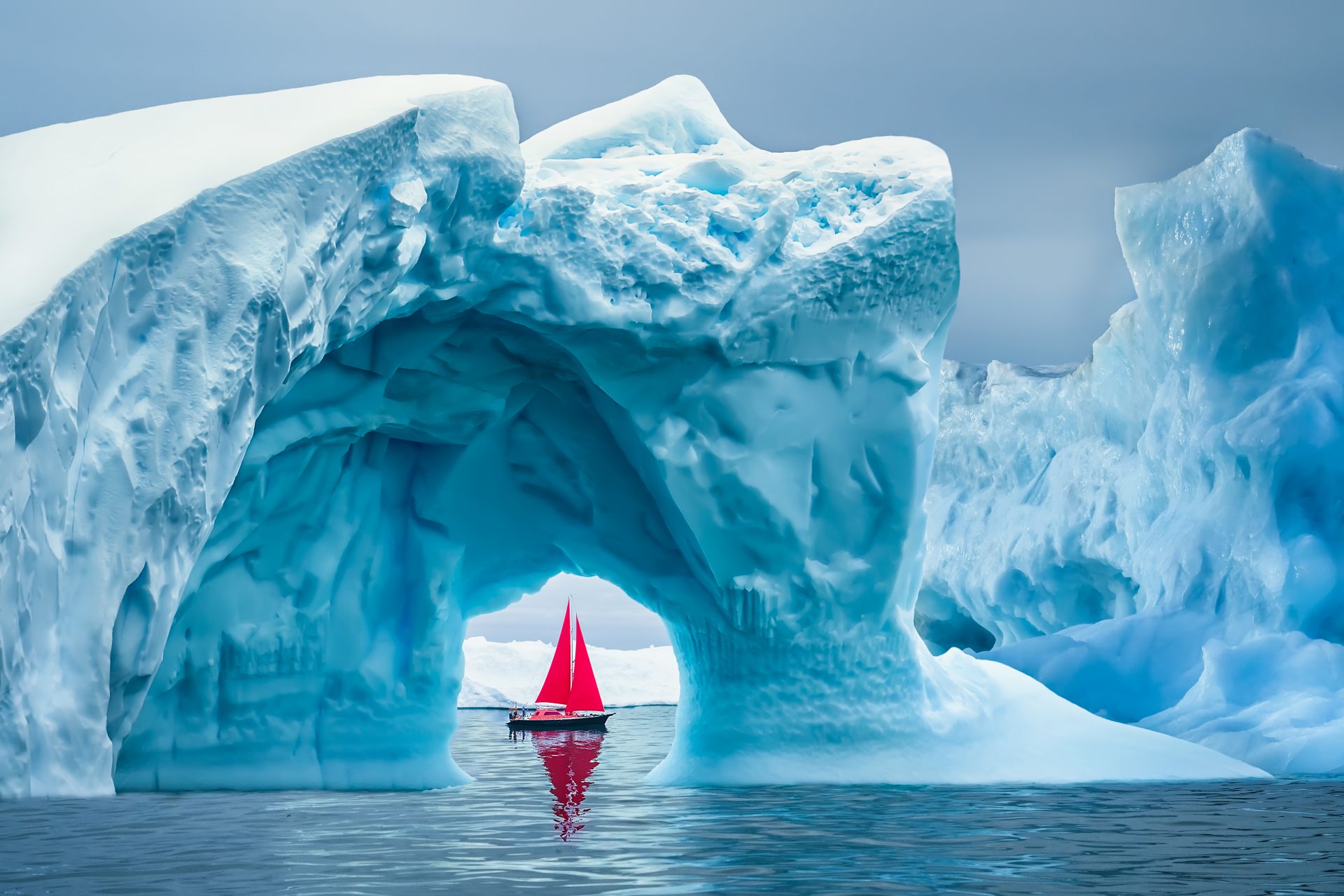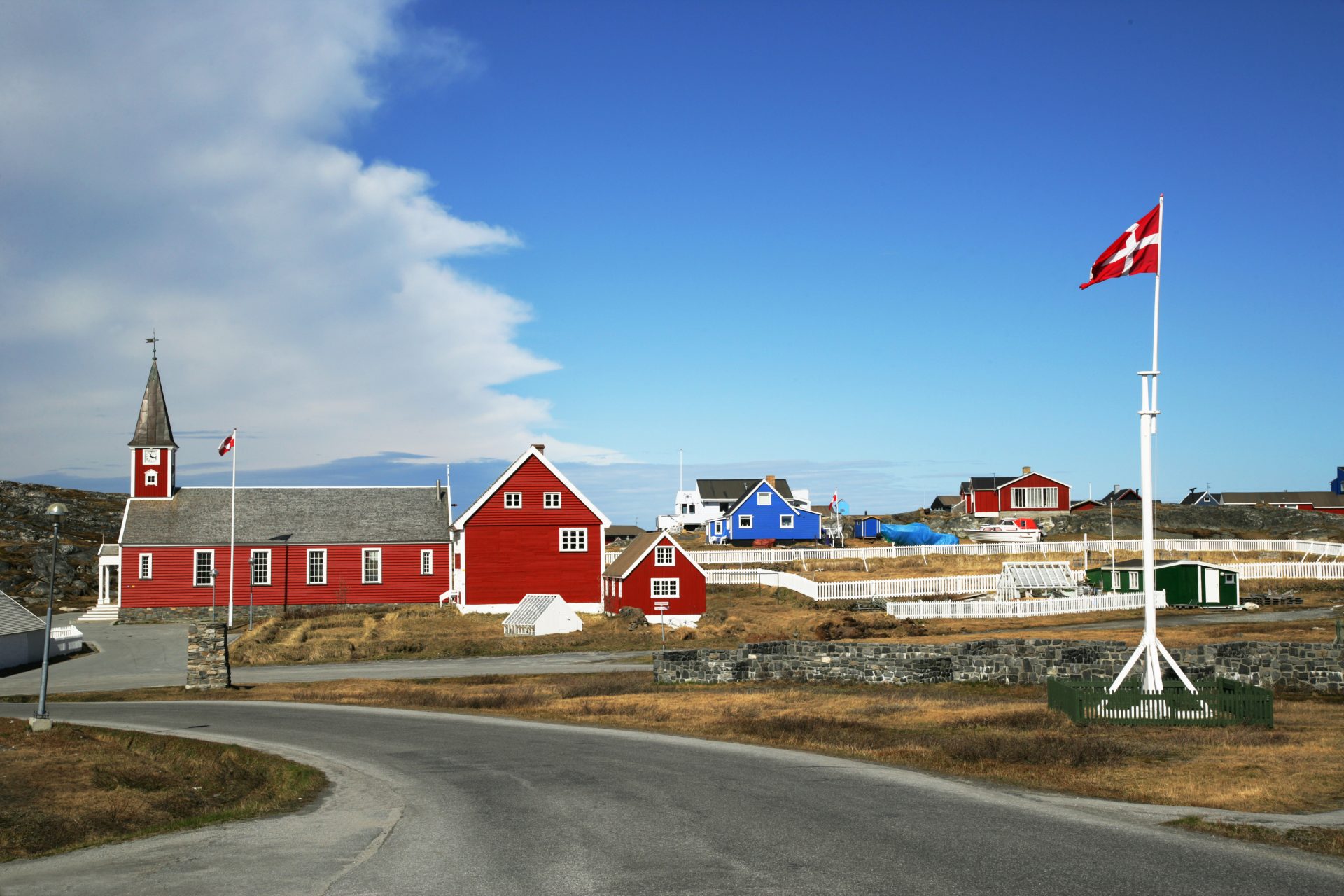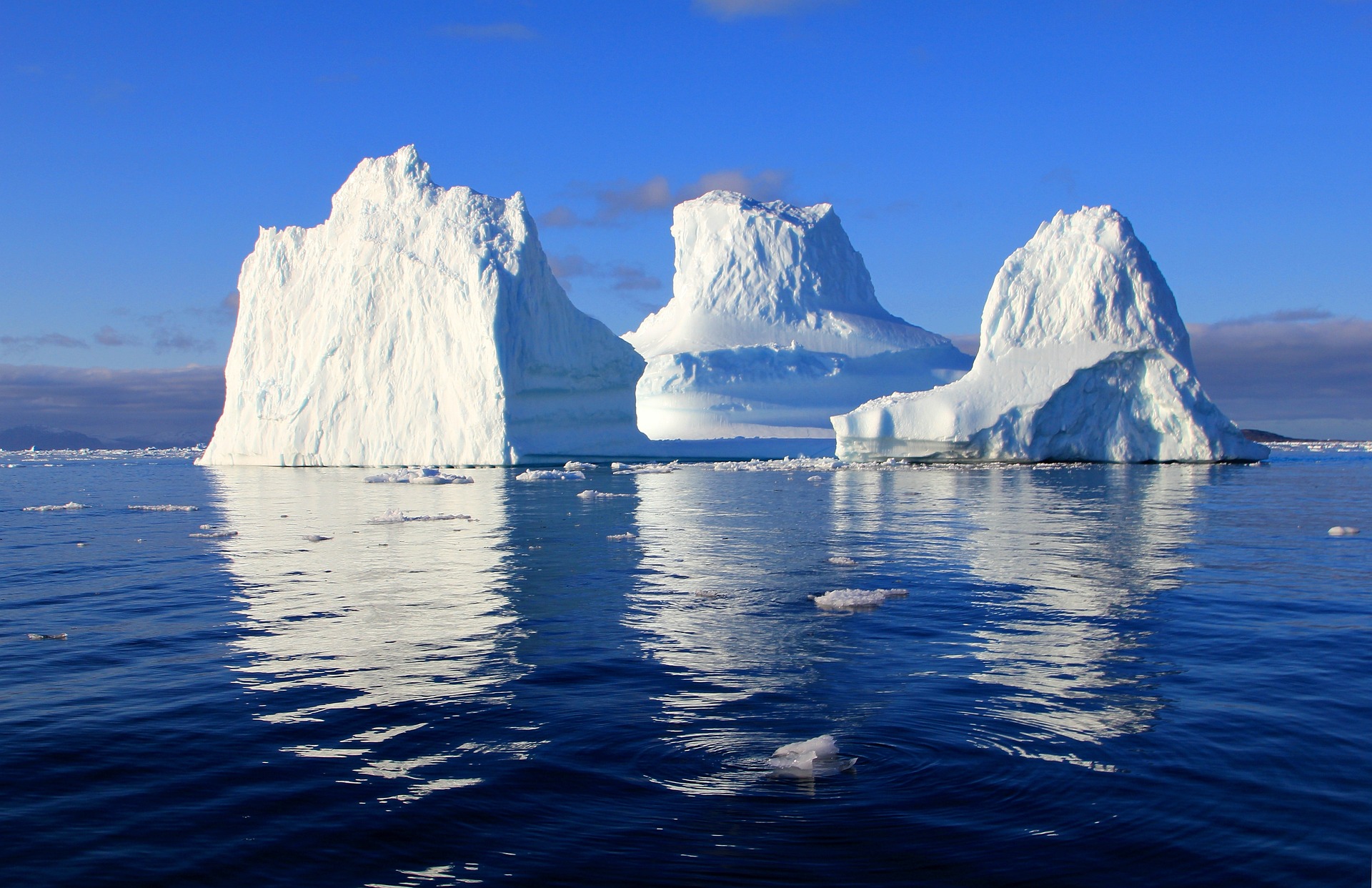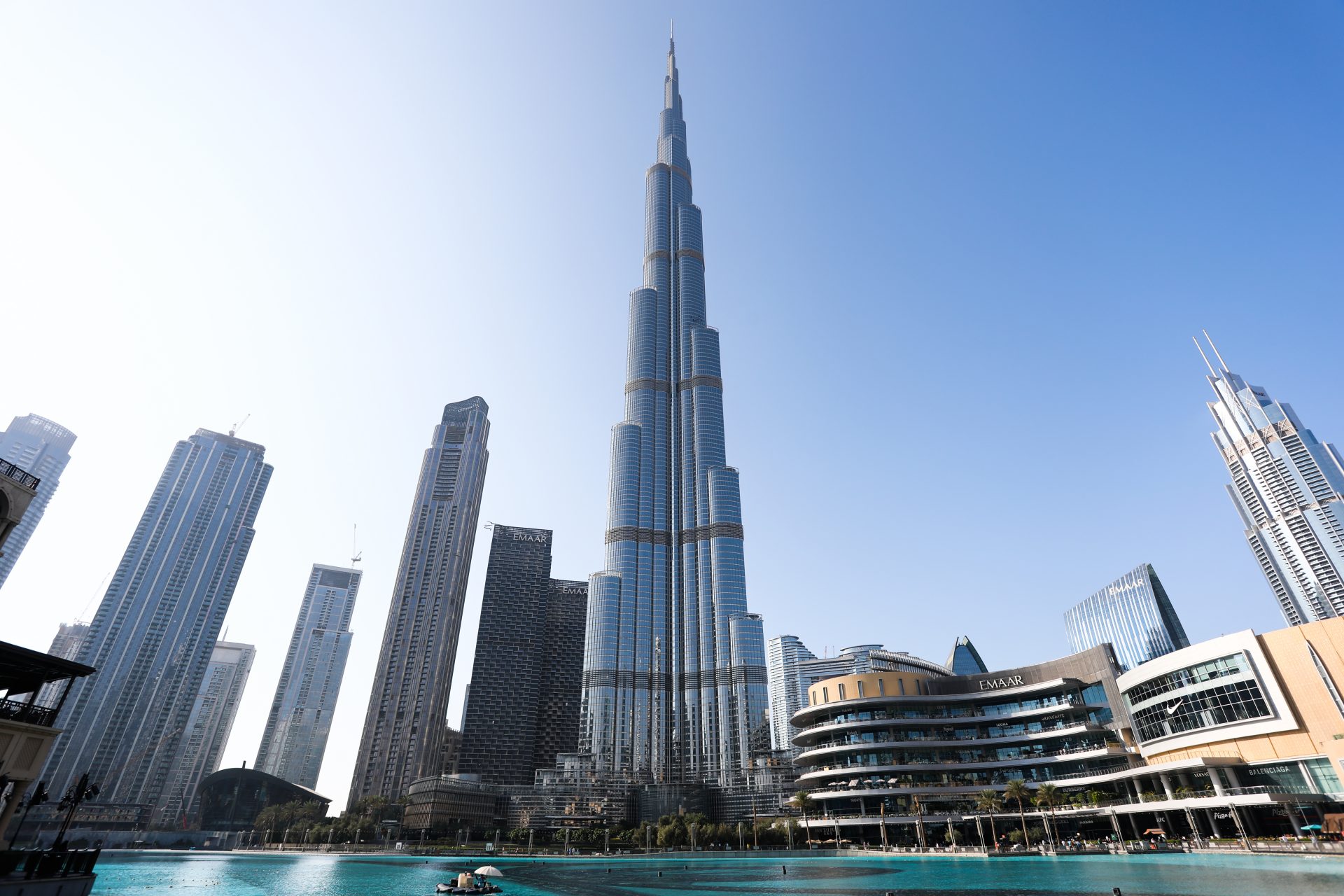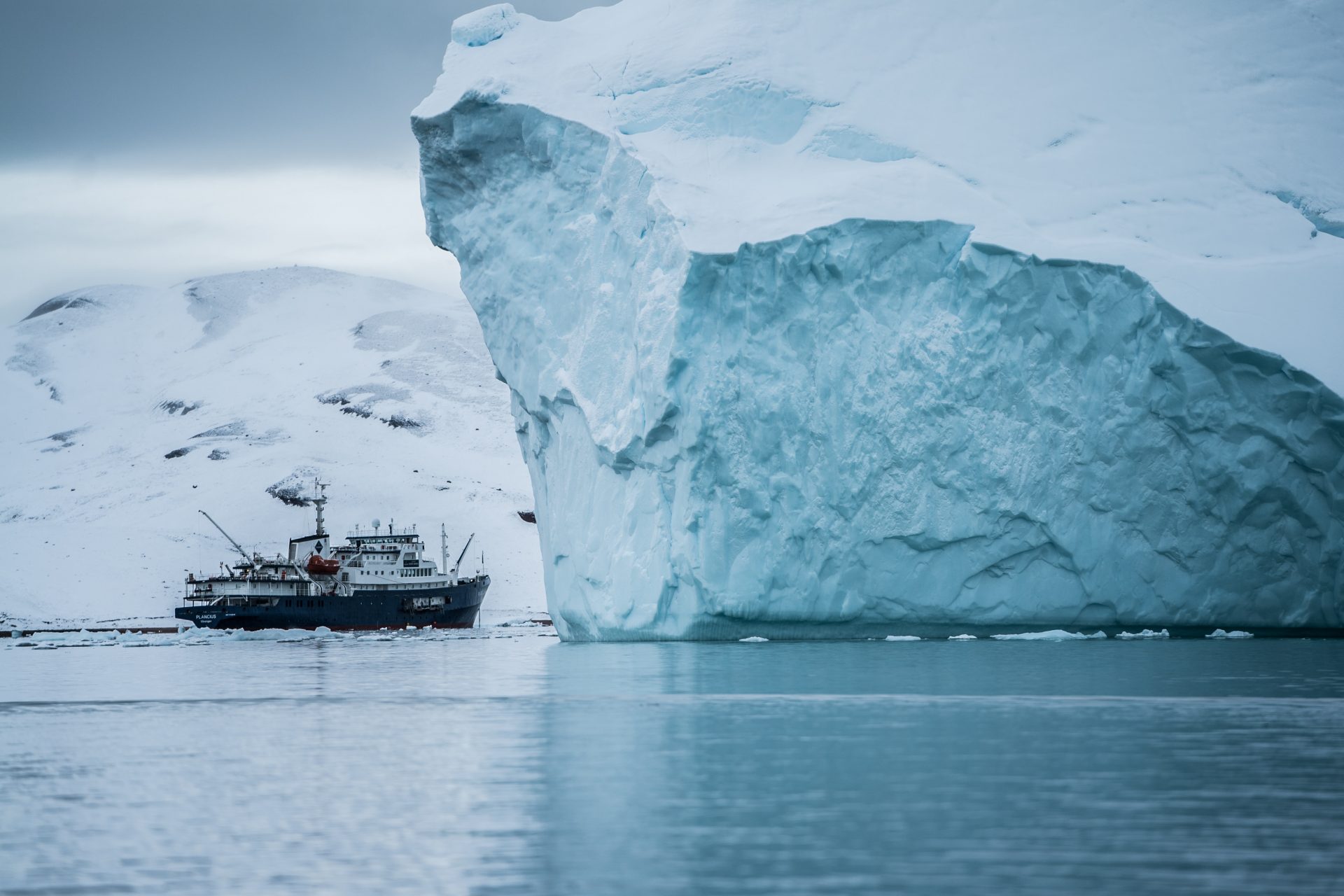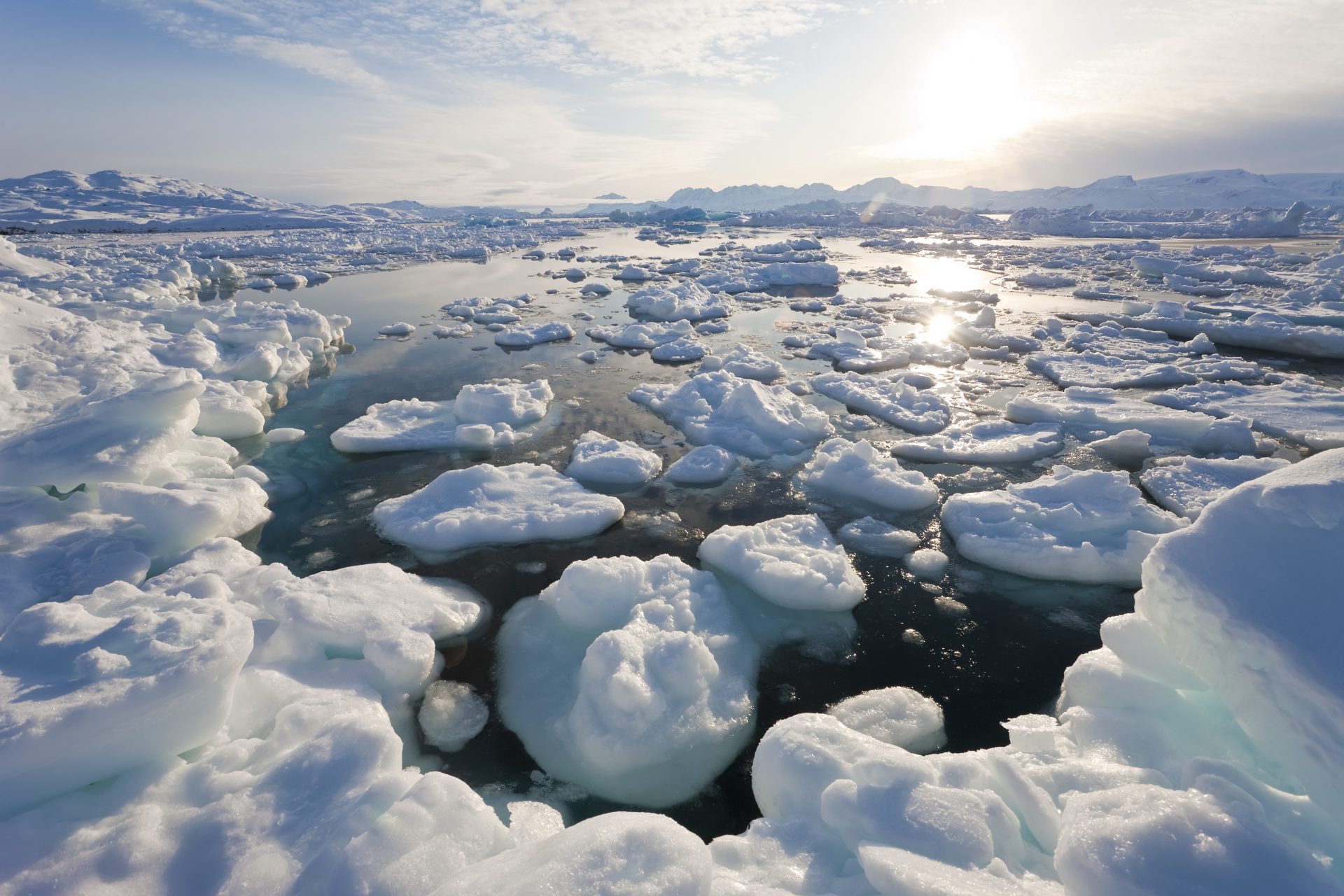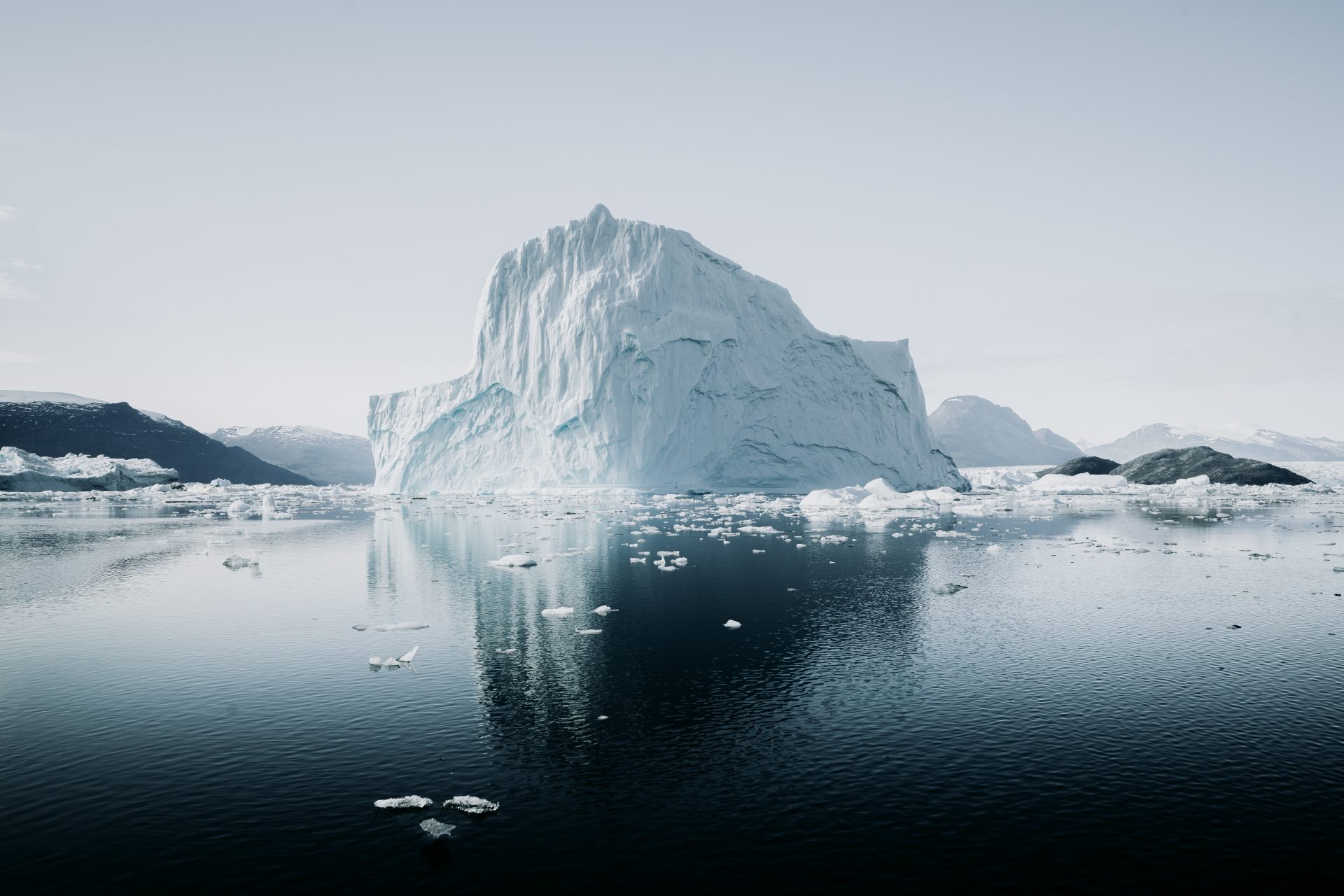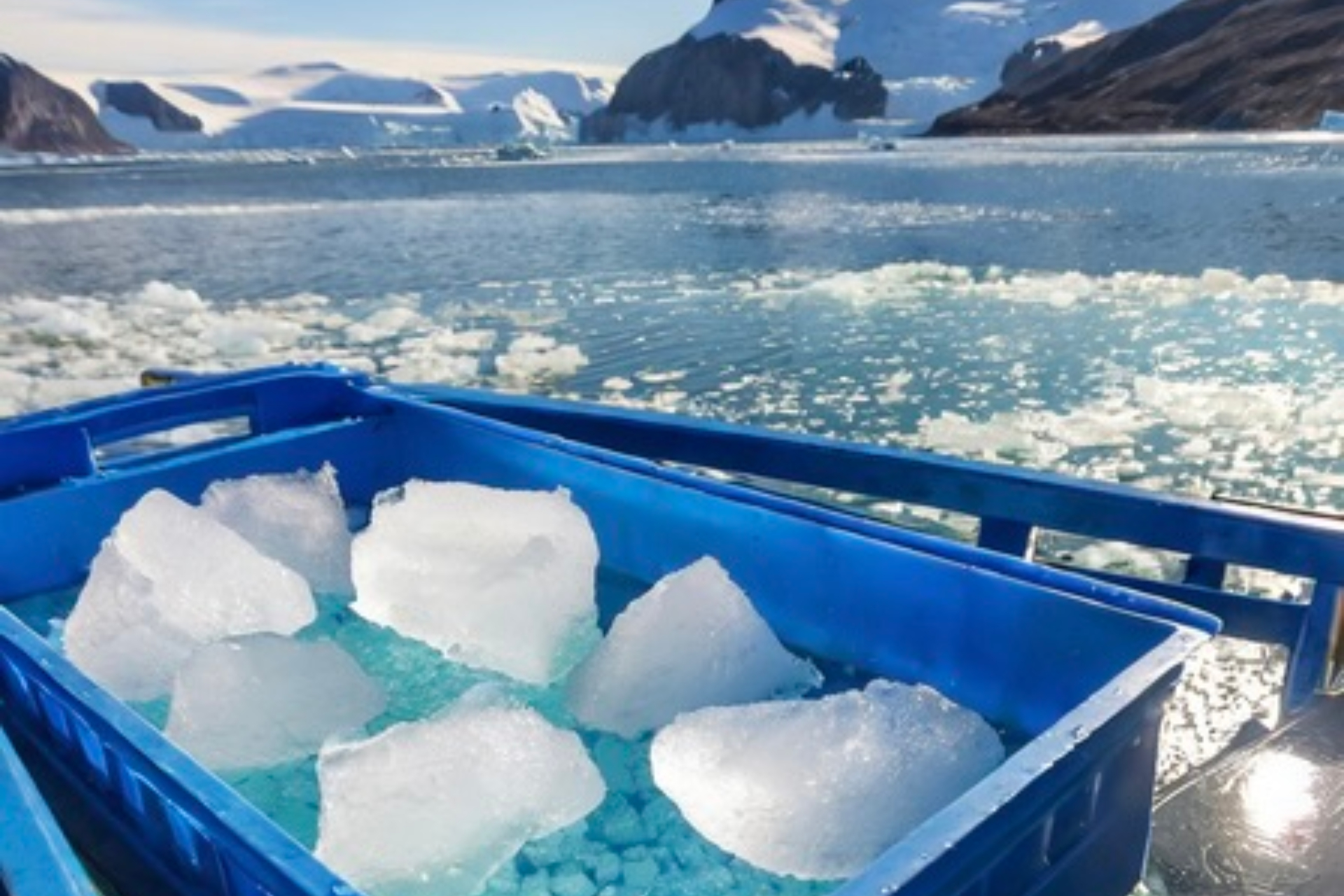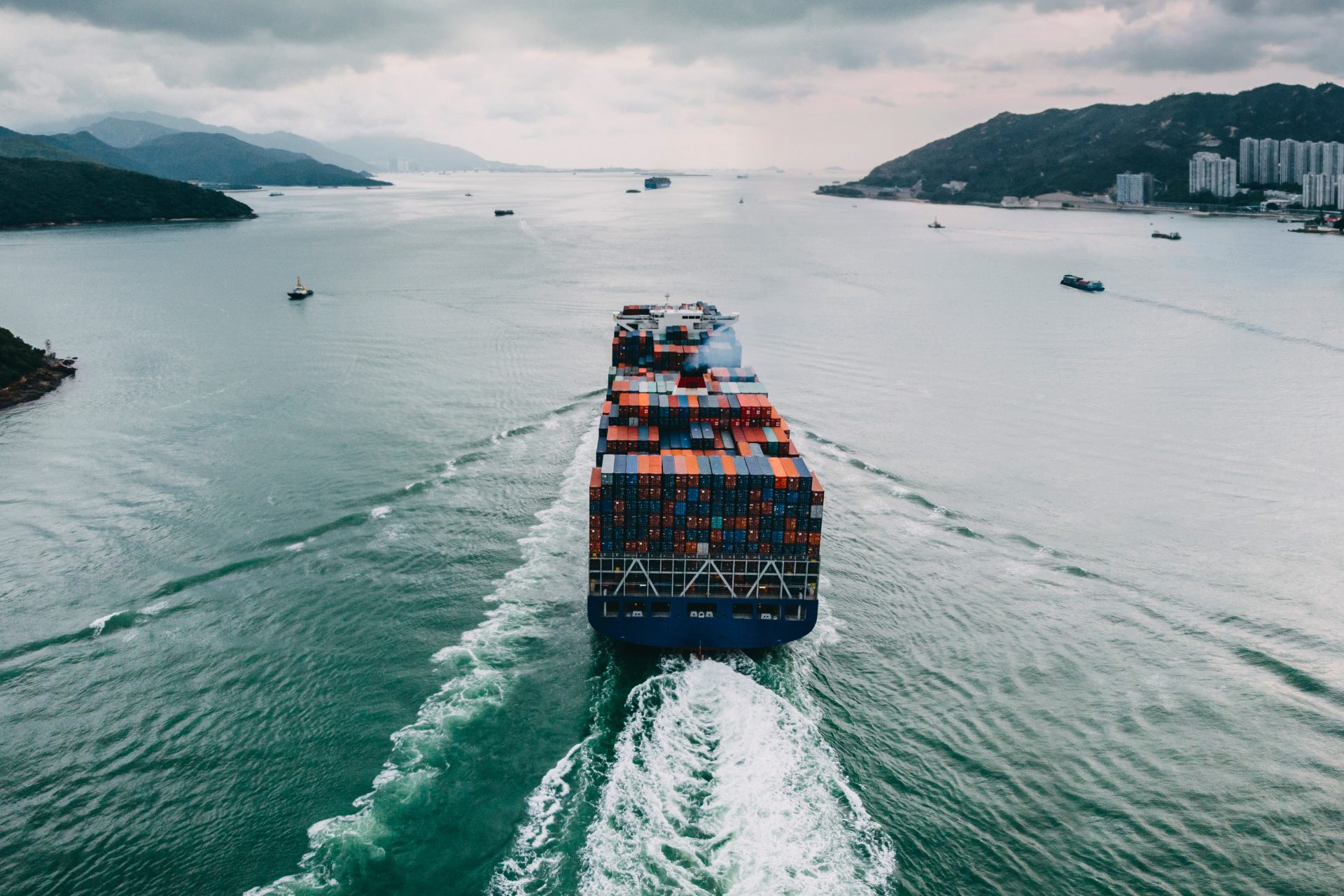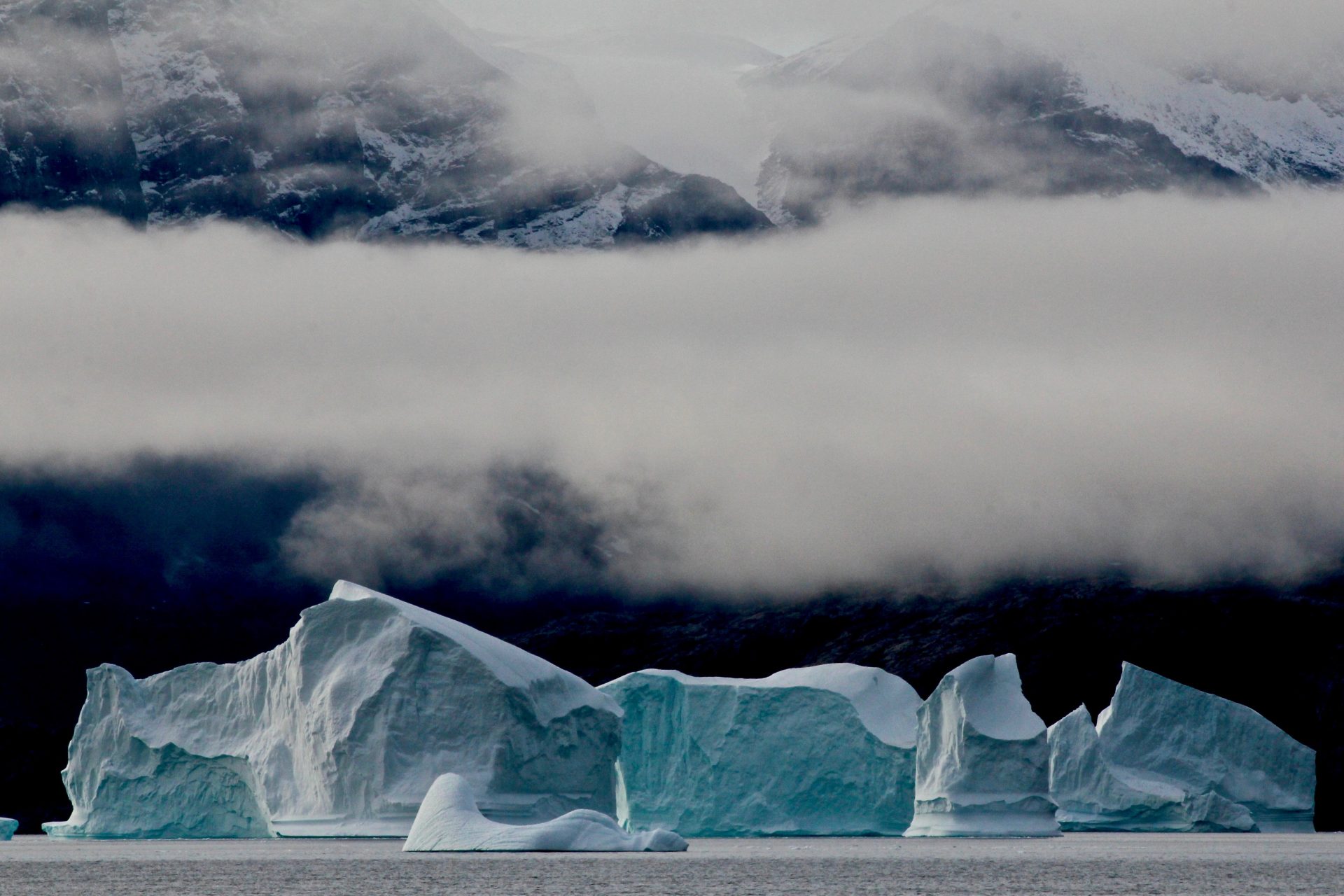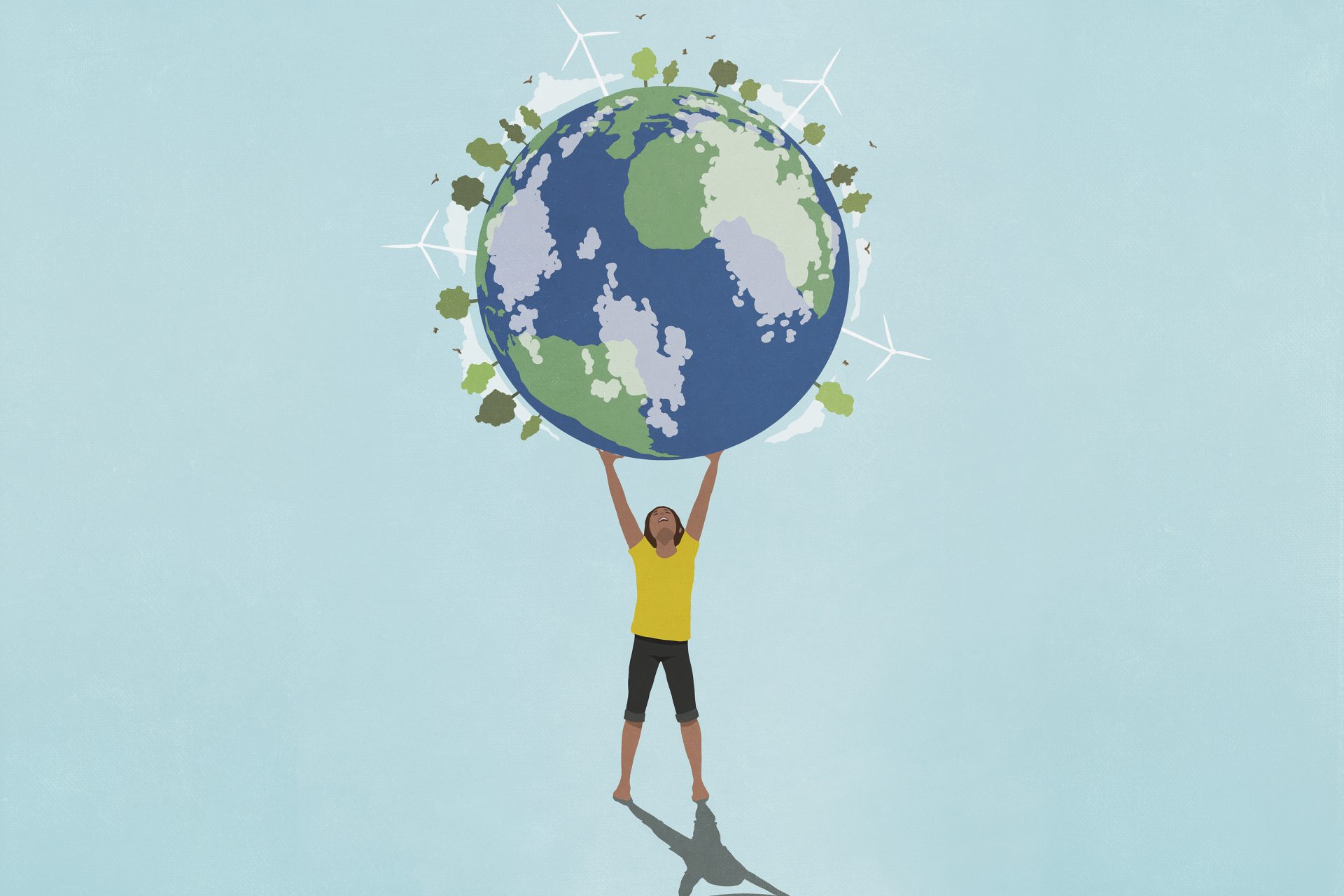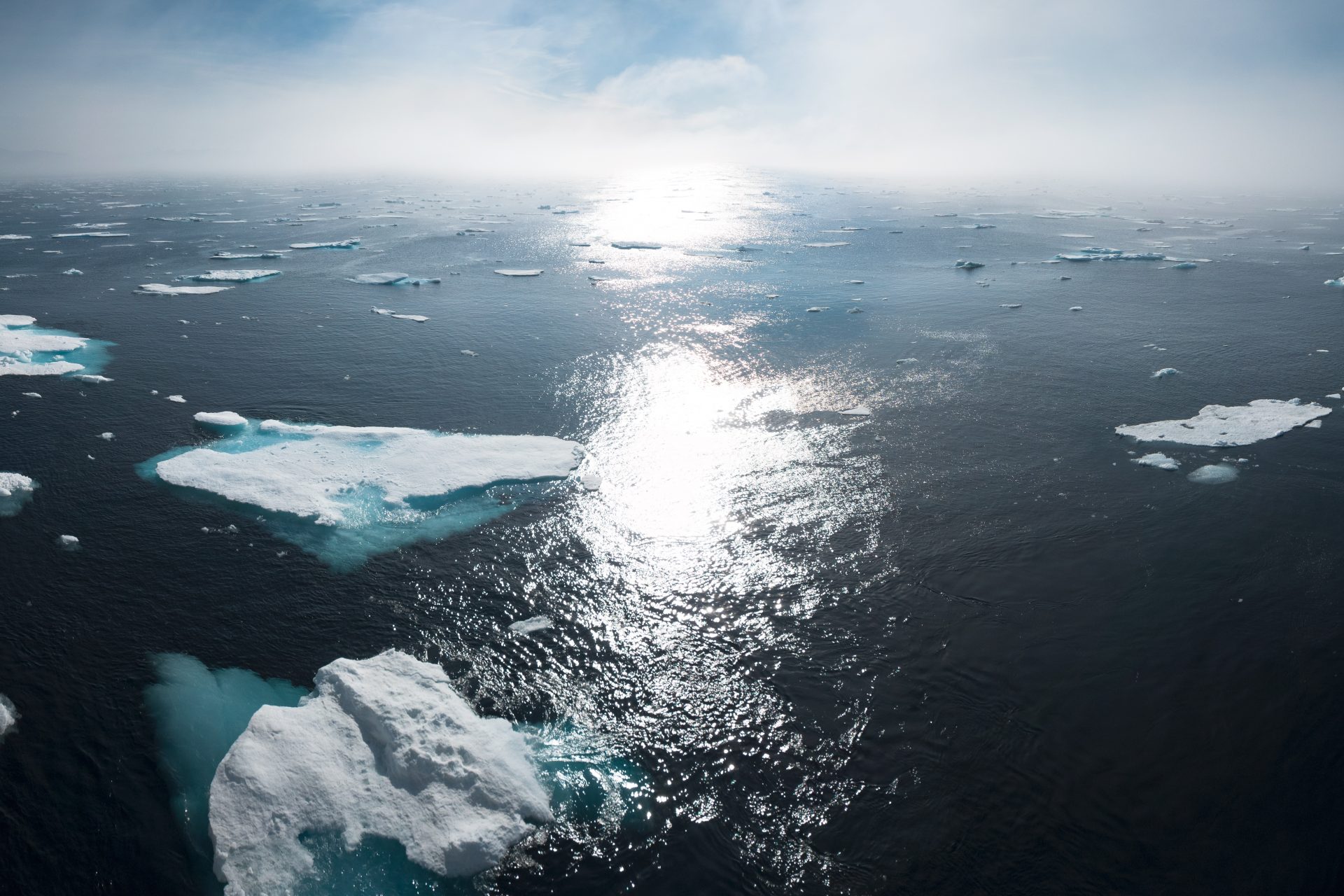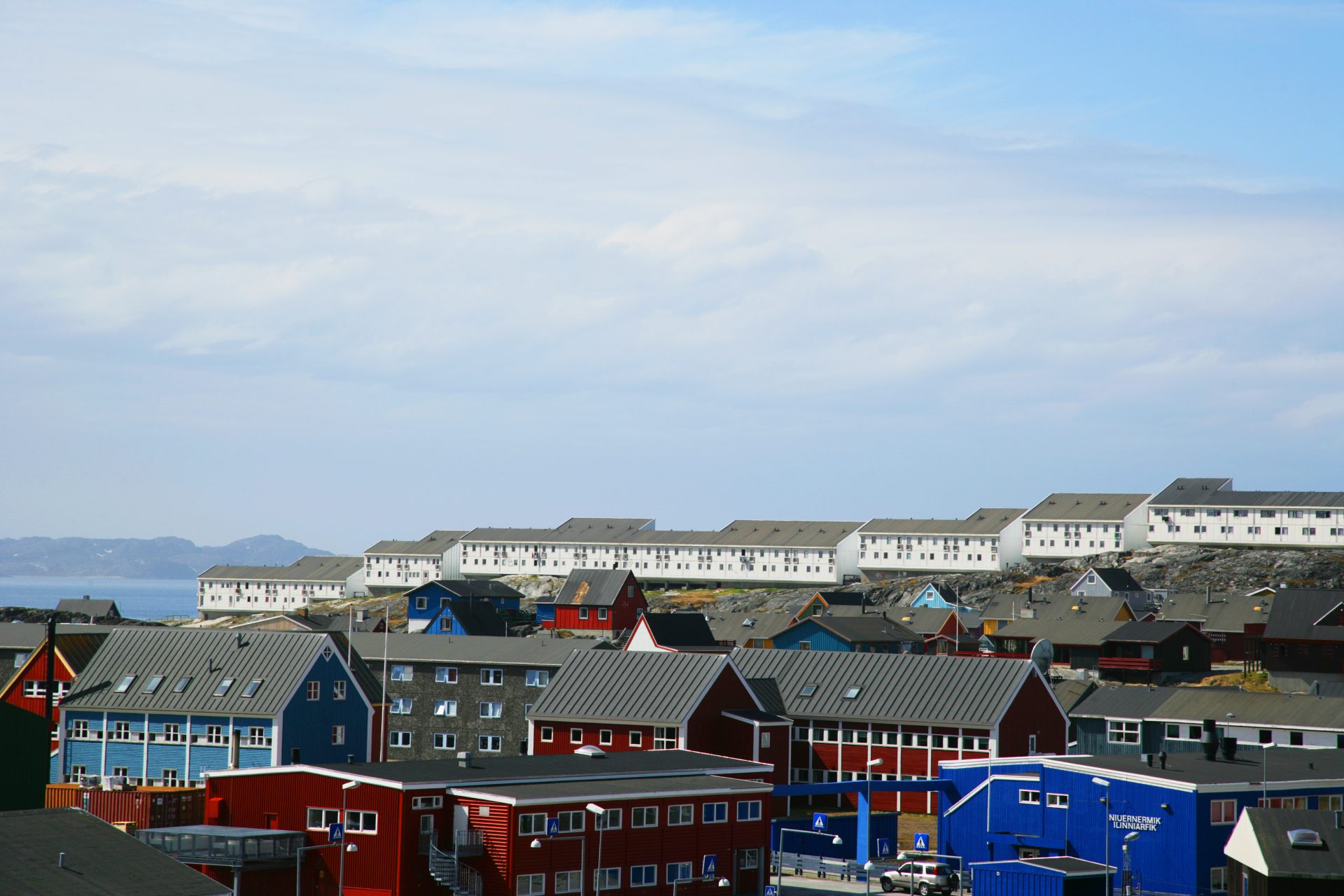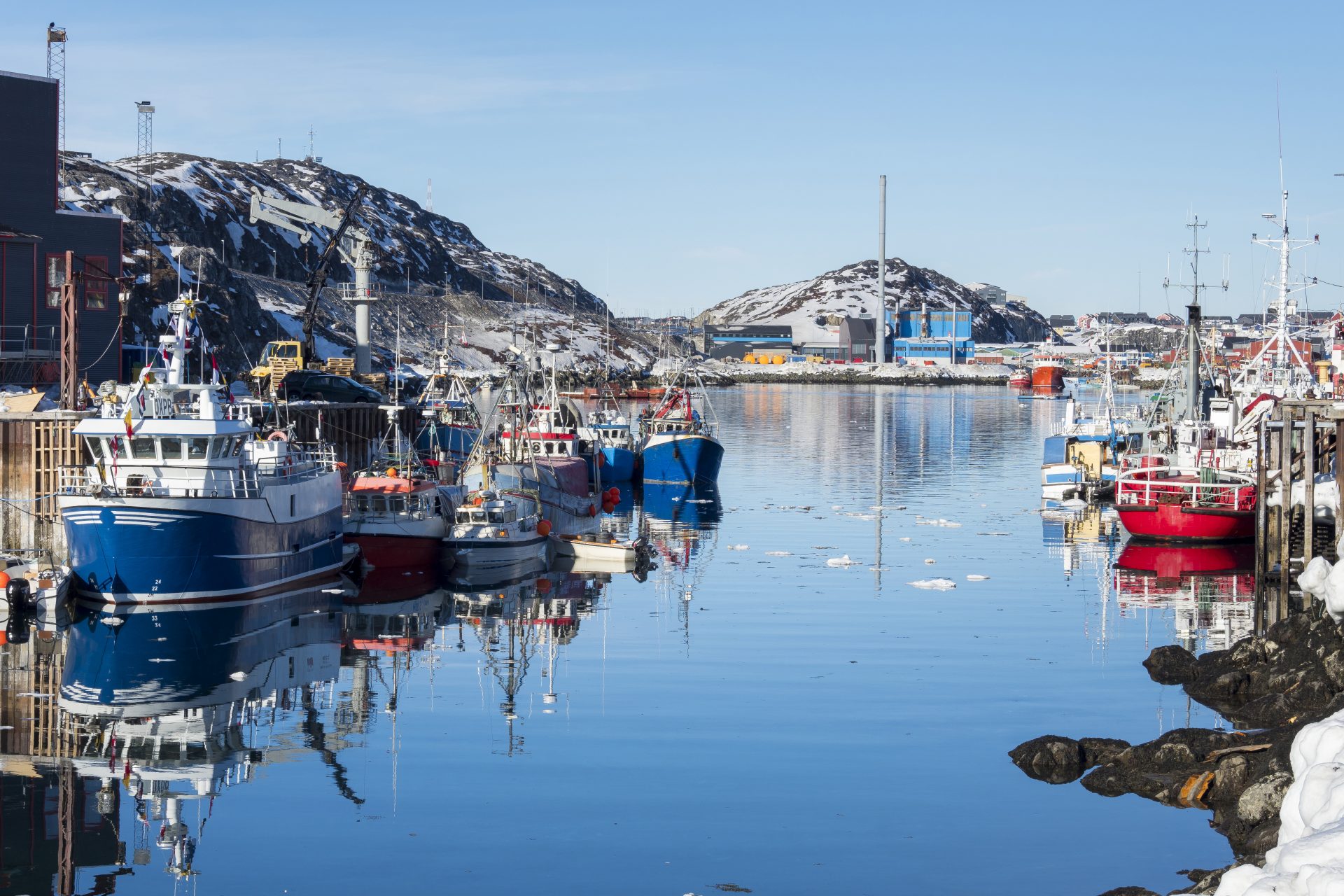A start-up in Greenland is exporting ice to cool drinks in Dubai
In what seems a parody of today's cold capitalism, a start-up in Greenland has started to sell ice to upscale bars in Dubai.
Based in Nuuk, the capital of Greenland, Arctic Ice is a start-up that launched in 2022. However, it was only in late 2023 that it began to export its first 20 tons of ice.
As reported by the British newspaper The Guardian, using ice directly from glaciers to keep drinks cold is a common practice in Greenland. In the past, several entrepreneurs have already tried and failed to export the ice.
Photo: Rolf Johansson / Pixabay
But Arctic Ice seems to have beaten its competitors, managing to successfully export millennia-old ice to exclusive establishments in the United Arab Emirates.
Arctic Ice uses a boat equipped with a crane to collect the ice from the glaciers. The company crew sets off into the Nuup Kangerlua, the fjord that surrounds Greenland's capital, and searches for what is locally known as “black ice”. This type of ice has been in contact with neither the top nor the bottom of the glacier, and is so transparent that it is difficult to spot.
Photo: Hubert Neufeld / Unsplash
According to Malik V Rasmussen, co-founder of the start-up, the ice he sells has been compressed for thousands of years and is therefore completely free of bubbles. He also claims that it melts slower than regular ice, and purer than the mineral water usually used to make ice cubes in Dubai.
“Arctic Ice sources its supplies from natural glaciers in the Arctic that have been frozen for over 100,000 years. These parts of the ice sheets have not been in contact with soil or contaminated by pollutants produced by human activities. This makes Arctic Ice the cleanest H20 on the planet,” explains the start-up on its website.
Photo: Annie Spratt / Unsplash
Once collected, the ice packs are placed in plastic crates, which are first shipped to Denmark in a refrigerated container. The ice is then loaded onto another ship which takes it to Dubai, and is then sold by a local distributor, Natural Ice, which already sells other types of ice in the UAE.
Photo: Arctic Ice official website
The ice travels from the North Atlantic to the Arabian Sea, passing through the Mediterranean, the Suez Canal, and the Red Sea. In total, the voyage covers around 15,000 km (over 9,000 miles) in 19 days. A carbon footprint that sends shivers down your spine!
Accused of contributing to climate change, the start-up has received strong criticism, particularly on social media. On platforms such as X (formerly Twitter), it has been described as “dystopian”, “insane”, and “criminal”.
Malik V Rasmussen, a co-founder of Arctic Ice, confessed to The Guardian receiving messages that were verged on death threats.
“We strive not only to serve our customers but also to preserve the environment, support local communities, and promote social justice. This holistic approach allows us to make a positive impact on the world around us”, Artic Ice explains on the start-up's website, defending itself from the accusations.
Photo: Alex Rose / Unsplash
According to Arctic Ice, transport from Greenland to Denmark would be low-carbon. The company has also committed to becoming completely carbon-neutral by offsetting all excess emissions, either through carbon capture and storage or through emerging technologies that clean CO2 from the air, The Guardian reports.
“Helping Greenland in its ecological transition is actually what I believe I was born to do,” assures Rasmussen. “We have this program within the company, but maybe we haven't communicated it well enough yet.”
But beyond ecology, Rasmussen's main goal is to create new sources of income for Greenland, which still depends on Denmark politically and economically.
“In Greenland we make all our money from fish and tourism,” says Rasmussen. “I’ve been wanting to find something else we could benefit from for a long time.”
More for you
Top Stories



